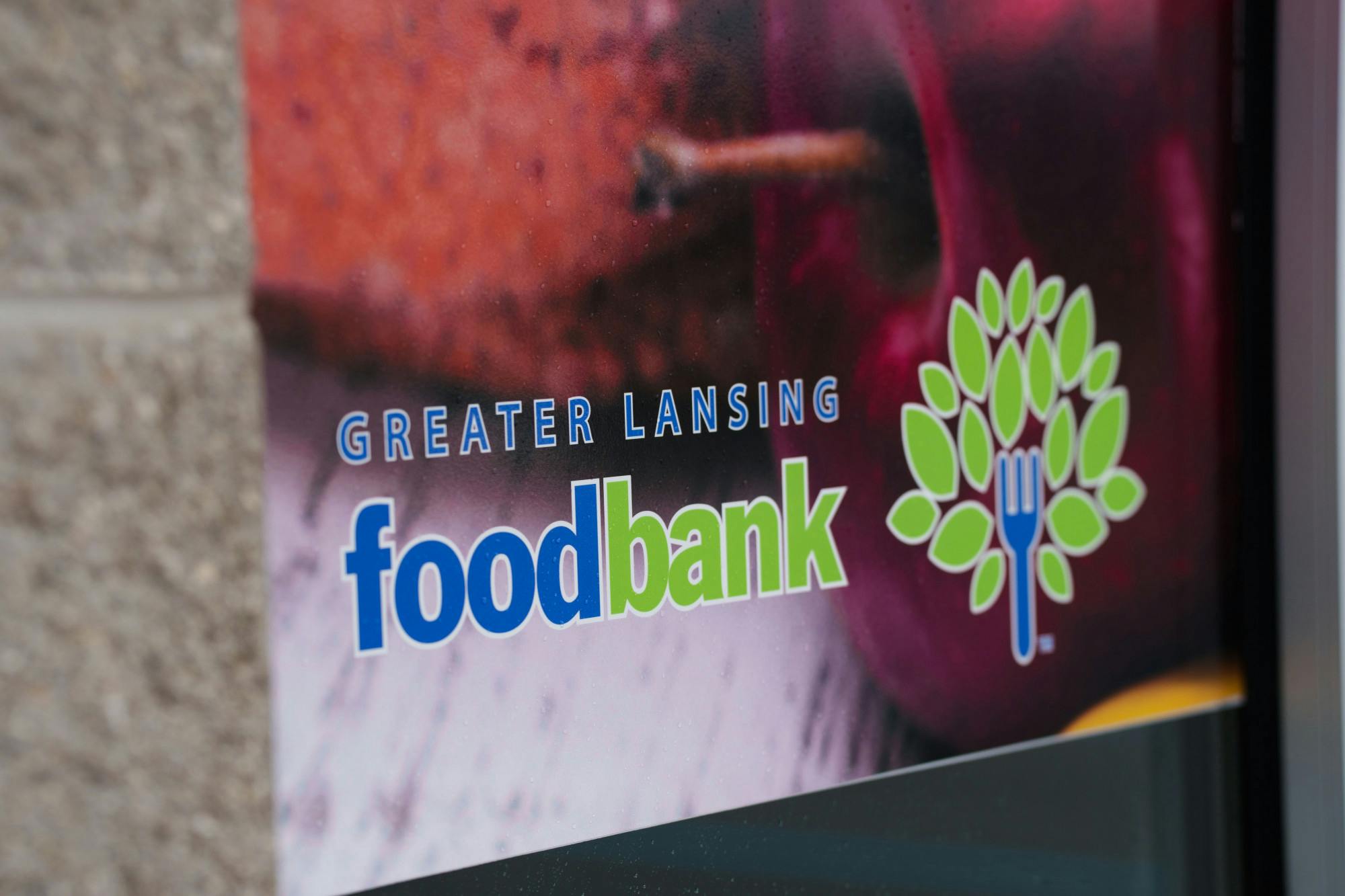A piece of legislation that aims to establish greater food security on college campuses is sweeping the nation all the way from California to New Jersey. The legislation, entitled the Hunger Free Campus Bill, originally passed in California in 2017, has now been adopted by 9 other states.
The bill is set to be introduced in the Michigan House of Representatives by the end of September, just in time to cap off Hunger Action Month, said Spartan Food Security Council Co-President Spencer Good.
September is Hunger Action Month across the nation, encouraging food donation to fight hunger and the uncertainty of food in American households.
“The goal is for all Michigan colleges and universities to have at a minimum, a student food bank or pantry,” Good said. “In cases such as at Michigan State, where that resource exists, we hope to see the bill increase its accessibility through investment and visibility.”
The bill would provide a range of resources to help with anything from establishing an on-campus food bank to expanding one already in existence, depending on the institution’s needs.
“The Hunger Free Campus Act is not meant to be a one-size-fits-all solution to hunger,” Spartan Food Security Council Advocacy Chair Jay Lyon said. “It’s very adaptable because we know that our four-year university is going to have very different resources available than a community college and we want it to be accessible to all of them. It’s a very flexible piece of legislation.”
Widespread food insecurity has been on the rise since the COVID-19 pandemic, Good said. He and co-founder Aditi Kulkarni established the Spartan Food Security Council, or SFSC, in Oct. 2021 to address the issue, but not just in the university setting.
“We soon realized the extent and the magnitude of the issue,” Kulkarni said. “It’s not just a student issue. It’s also very apparent within our Lansing community.”
Approximately 82,000 individuals are considered food insecure in mid-Michigan, said Senior Manager of Marketing and Communications at Greater Lansing Food Bank Katlyn Cardoso.
The United States Department of Agriculture defines food insecurity as the situation in which a person “has inadequate resources to acquire enough food for a healthy, active life.”
Kulkarni said that food insecurity is a complex issue, much more than a simple definition.
“It’s so much more than just accessing meals,” she said. “Food insecurity can look very different to many different people. That’s why it’s such a hard issue to tackle.”
Within just this past year, The Greater Lansing Food Bank, or GLFB, reported a 35 percent increase in mid-Michigan community members seeking nutritional support from the organization, following the end of the emergency allotments in the Supplemental Nutrition Assistance Program, or SNAP.
Cardoso said the end of this program has created more challenges for food banks and food insecurity.
Despite the complexity of food accessibility-related challenges the mid-Michigan community faces, the GLFB is working to provide specific aid to neighbors in the area.
“One of the things that we’re always trying to do is work with our community and with our partner support organizations to identify where the need is and how to meet people where they’re at,” she said.
The organization provides an array of resources for the seven counties they serve in the Greater Lansing area. Such resources include care kits, a home delivery program, mobile food pantries and weekend food kits for school-age children.
The SFSC works alongside organizations like the GLFB through advocacy and service to increase community understanding about what food insecurity is, Kulkarni said.
“We know that there is a large divide between what people actually think about when they think about food insecurity and what the actual definition is,” Kulkarni said. “It’s about educating our community about what food insecurity looks like and how we can prevent it.”
Cardoso said that this month, Hunger Action Month, is a great time for community members to start getting involved with food security-related initiatives such as signing up for volunteer opportunities.
Support student media!
Please consider donating to The State News and help fund the future of journalism.
“One of the biggest things that we have going on is sharing some of the stories and information about people who are engaged with the food bank and some of the good work that’s being done in the community in partnership with the food bank,” she said.
The goal is to spread awareness about food insecurity in the area, Cardoso said.
The Spartan Food Council will host a rally at the Michigan State Capitol at the end of the month to advocate for the Hunger Free Campus Bill. The rally is open to other interested MSU students engaged in the issue.
“At the end of the day, everyone needs to eat, everyone has to eat,” Good said. “We all need to access food in our own ways. This is not a problem that is just for students to tackle. This is not just a problem for someone in the government to tackle. This ultimately affects everyone.”
Below are some food assistance resources in the Greater Lansing area:
- Greater Lansing Food Bank resources:
- MSU resources:
Discussion
Share and discuss “'This ultimately affects everyone.' The fight against food insecurity in mid-Michigan is a community effort” on social media.







